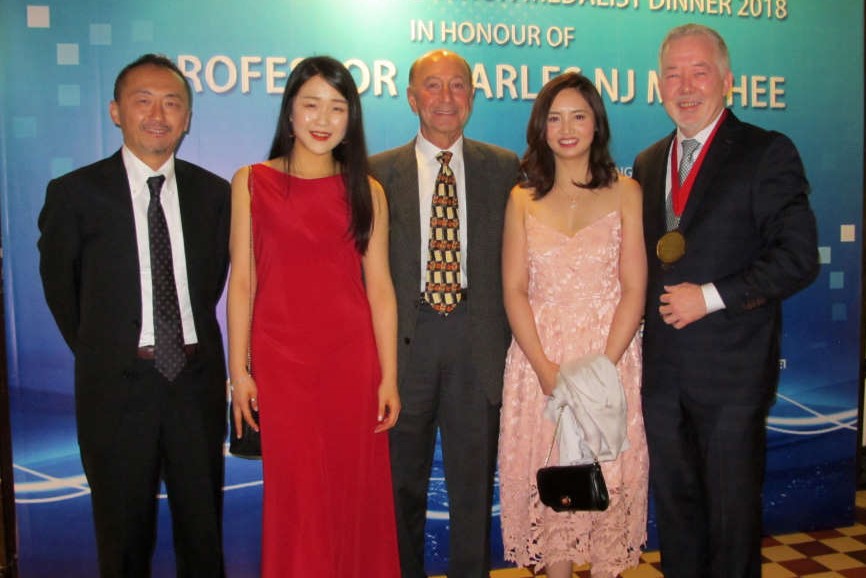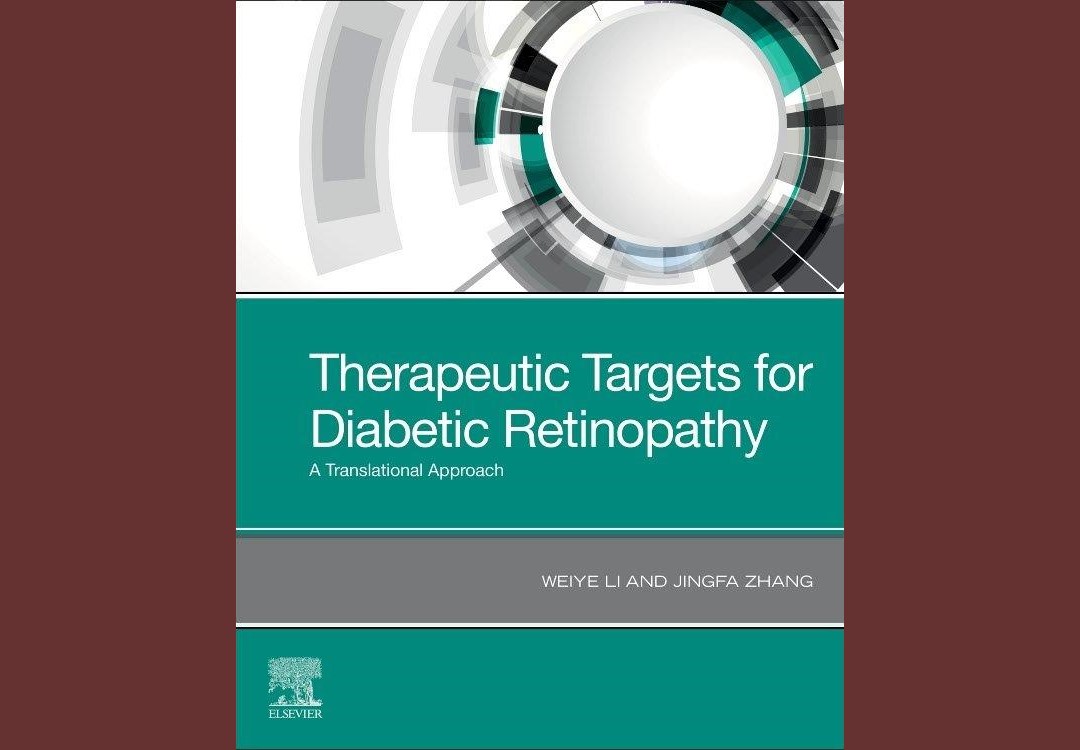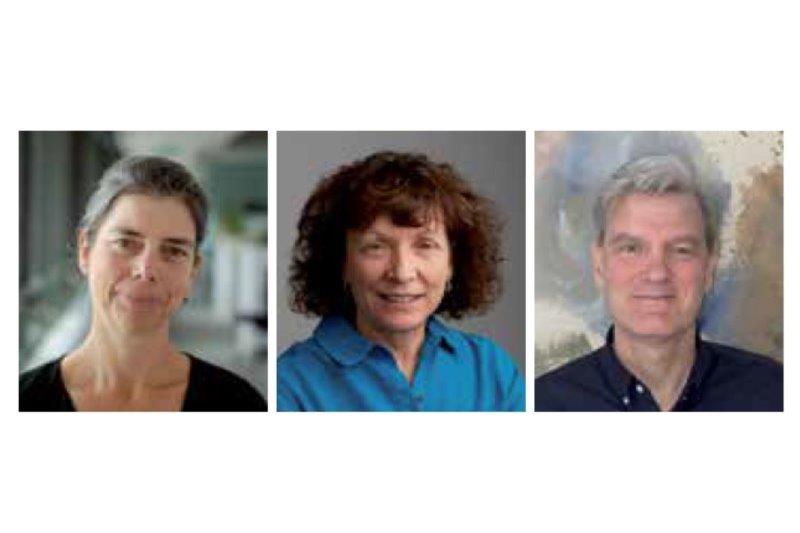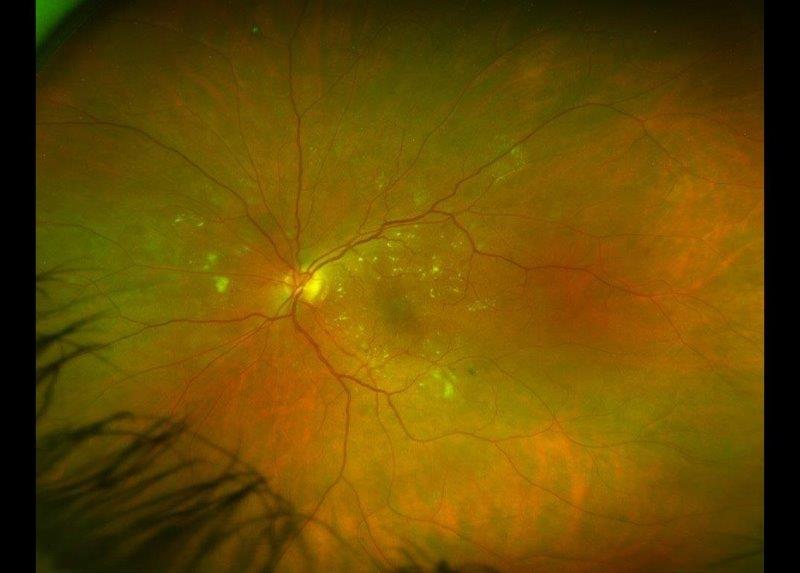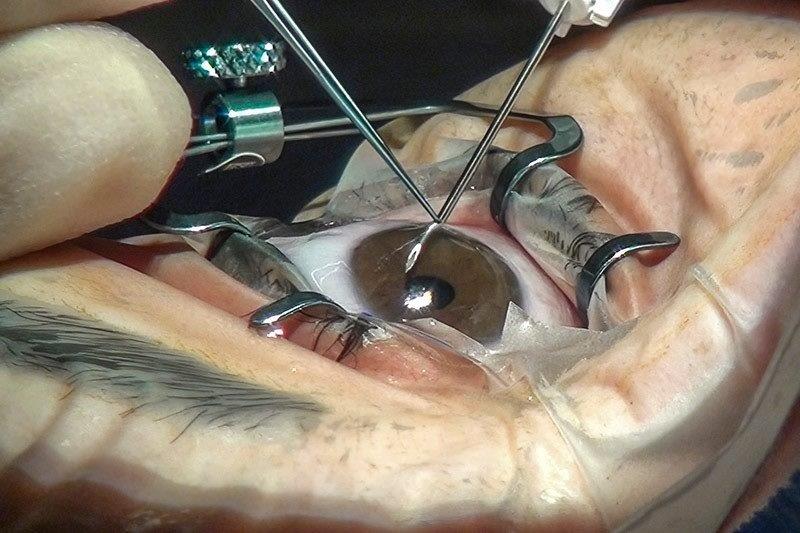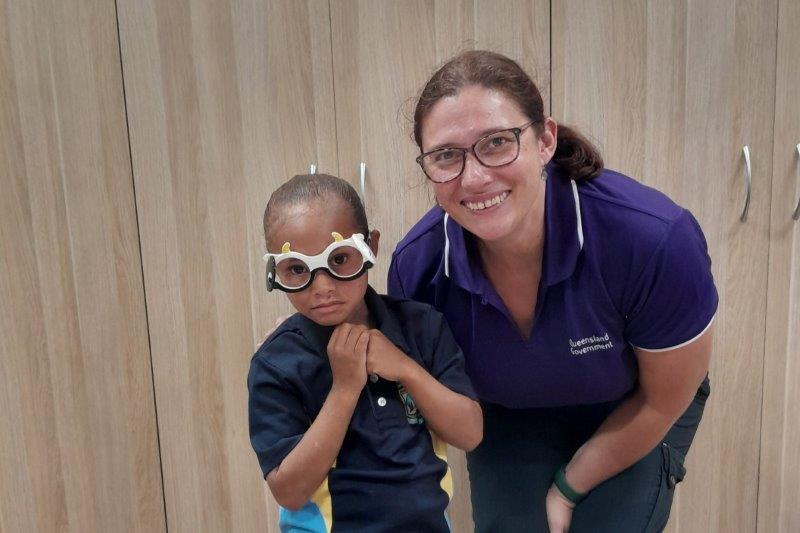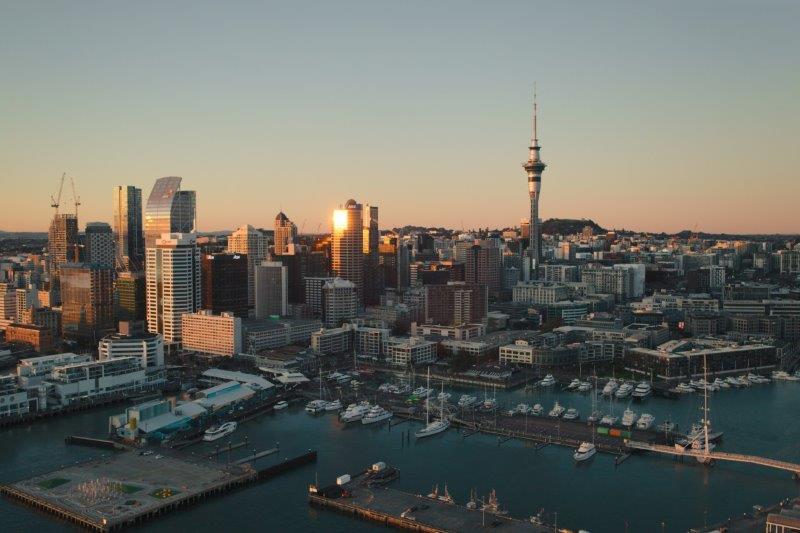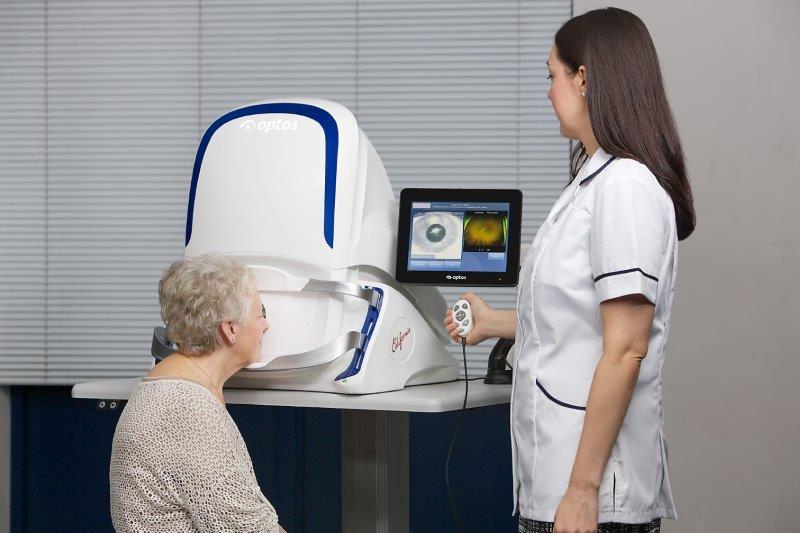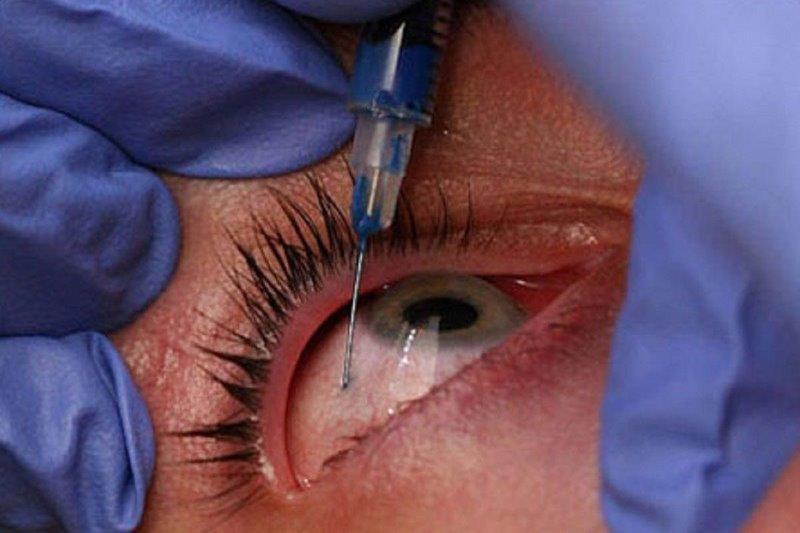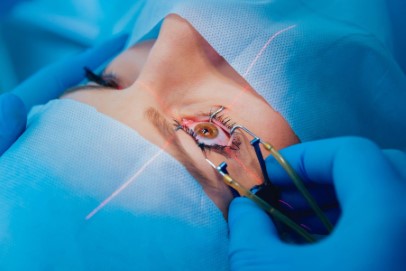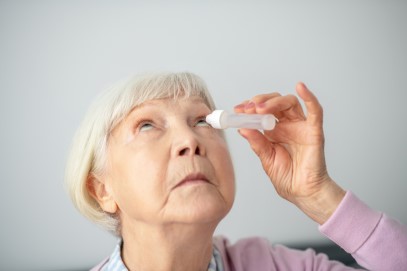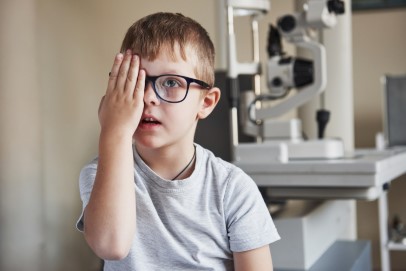McGhee honoured by Asia Cornea Society
The 6th Asia Cornea Society Meeting, the largest cornea-focused gathering in the Asia-Pacific, was held in Qingdao, China, from 16-18 May. The conference was held in conjunction with the 17th National Congress of Cornea Surface Diseases and the 10th National Congress of Refractive Surgery of the Chinese Cornea Society. It brought together more than 1000 national and international delegates.
Qingdao is highly regarded as one of the most beautiful cities in China and is home to the world-famous Tsingtao beer. We were greeted by pleasant weather with slight morning fog over the skyline, reaffirming the conference was less than 500 metres from the sea.
The conference began with a packed, grand-opening ceremony with keynote awards and lectures.
This included the award of the prestigious Asia Cornea Foundation Medal to our own Professor Charles McGhee for his significant clinical and research contributions in the field of cornea, both in the region and internationally. Professor Donald Tan, as president of the Society, noted in his introduction that Charles had trained and inspired a whole generation of young ophthalmologists during his tenure at the University of Auckland and was the first academic within the Asia Pacific region to be recognised by this significant award. Charles subsequently gave a well-received, wide-ranging, medallist lecture on ‘Keratoconus: Looking to the future – whilst learning from the past’. This addressed his work, much of it from New Zealand, on understanding the disease, development of treatment paradigms, and what the future holds for the treatment of keratoconus.
Regenerative medicine for the cornea was big on the agenda and the most exciting part of the programme for scientists working in this field. Interestingly, two products of acellular pig cornea - ‘Acornea’ marketed by China Regenerative Medicine International, and ‘Youvision cornea’ by Youvision Biotech - have been approved by the Chinese Food and Drug Administration authority, making them the first approved bioengineered corneas in the world. These tissues can be simply stored from six months to three years for emergency use. It will be exciting to watch the uptake of these products in China, where there is a huge unmet need for corneal transplant tissue. An animal trial of lamellar corneal endothelial transplantation using de-cellularised pig cornea was also presented.
Closer to home, Professor Gerard Sutton from Sydney experimented with the idea of assembling the cornea from its elements, akin to 3D printing of the cornea. His team successfully seeded keratocytes between sheets of silk films in order to construct an artificial stroma and restored clarity of the cornea through dual seeding of epithelial and endothelial cells on decompensated corneal tissue. Prof Sutton also postulated that eye banks will evolve to take on a role of a ‘biobank’ that engineers and prints corneas customised for the patient - a futuristic, but very exciting proposal.
Lectures from the New Zealand delegation were also well received. Charles gave five lectures on various aspects of corneal disease, including endothelial keratoplasty and keratoconus, while I, Dr Jie Zhang, talked about my research on the use of umbilical cord tissue as a source of stem cells for repair of the eye, and this article’s co-author, Dr Jina Han, discussed the pros and cons of toric intra-ocular lenses for the treatment of significant astigmatism and myopia following keratoplasty.
On the first evening, the ACS Medallist dinner was held in honour of Charles. It included 90 corneal experts from around the world who celebrated Charles’ award in fine-dining splendour at a stylish restaurant created within the first cinema in China, built in 1903. On the final evening of the meeting, the Gala dinner was also a showcase for excellent food, fine wines and local beer, with wide-ranging cultural exchanges where many friendships were renewed and future collaborations established. This extremely successful congress is likely to ensure an equally exciting programme and wide attendance for the 7th ACS Congress in Osaka, Japan, in 2020.
Dr Jie Zhang is a research fellow and Dr Jina Han a clinical research fellow in cornea in the Department of Ophthalmology at the University of Auckland.










